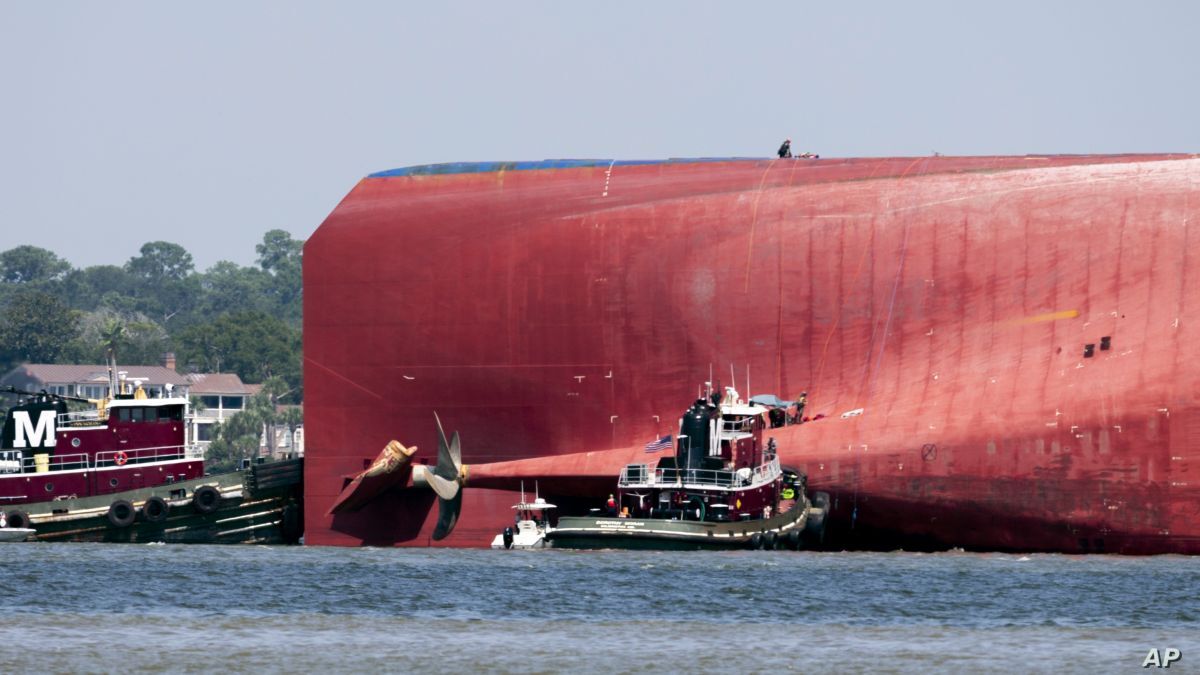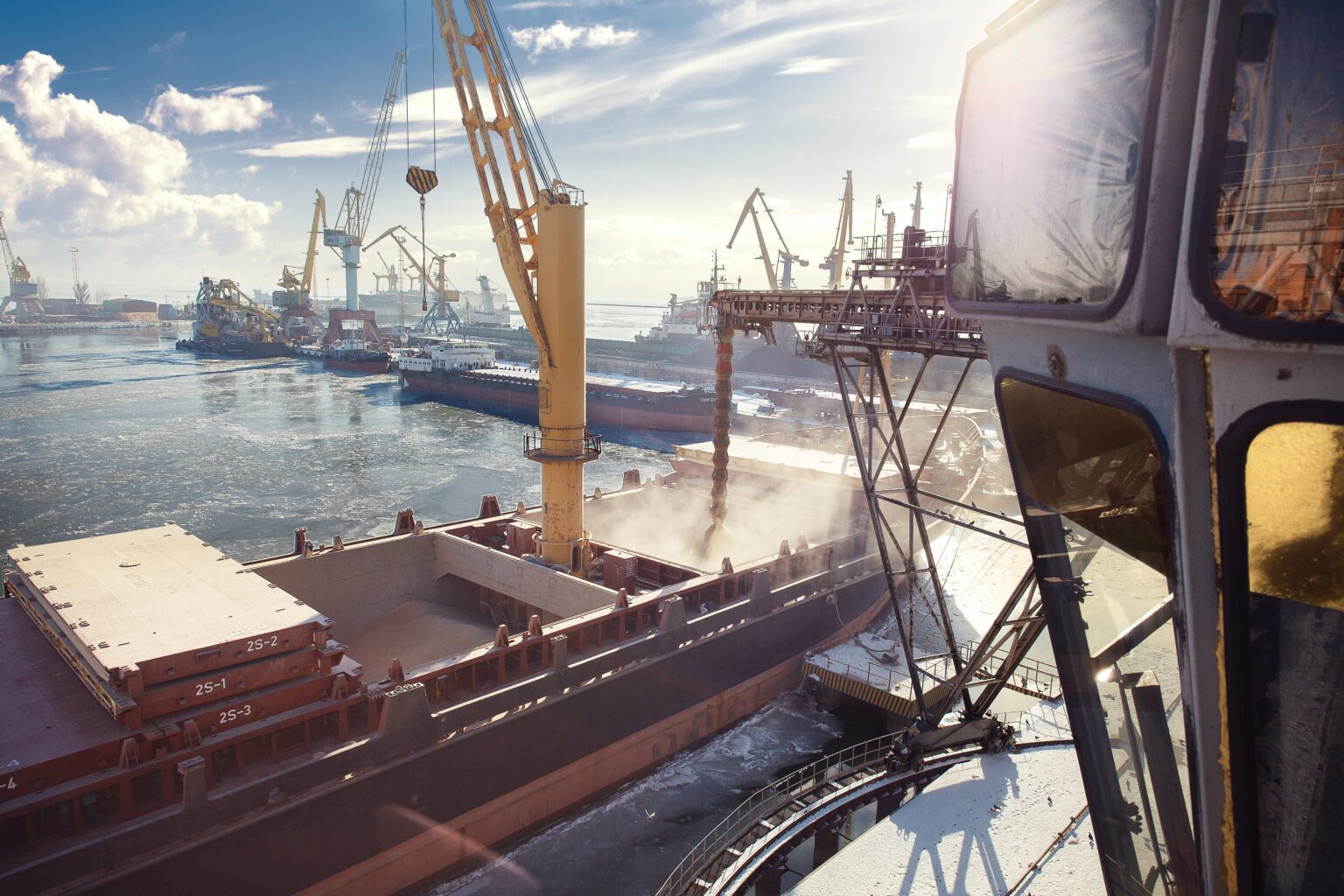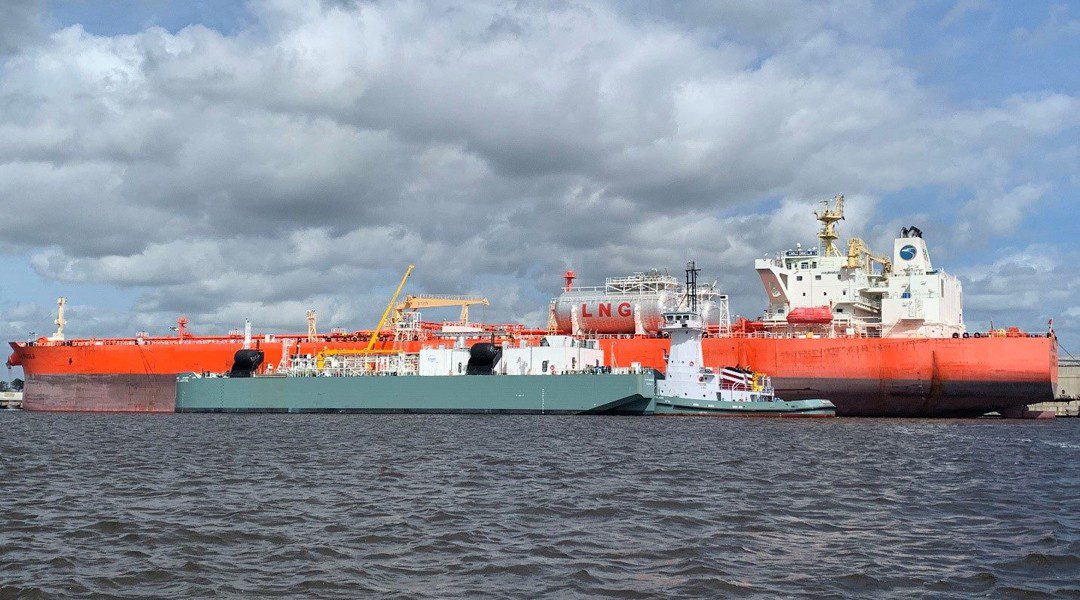 Tugs can swiftly begin salvage under LOF (source: United Command)
Tugs can swiftly begin salvage under LOF (source: United Command)
Progress is being made reviewing LOF, revising BIMCO wreck removal contracts and updating SCR guidelines
Work has resumed to review and update Lloyd’s Open Form (LOF) contract for ship salvage after its use dwindled over the past 10 years.
Lloyd’s review of the structure of LOF for immediate emergency response and salvage recommenced in March 2022 with working groups covering six key points with the aim to increase itsuse by shipowners and insurers.
This review is being carried out by key parties involved in ship salvage and is engaging salvors, shipowners, insurers and other parties to consider how LOF can be made more attractive.
It comes as LOF use is declining,which is putting more ships, seafarers, cargo and the environment at risk from accidents and emergencies, according to International Salvage Union (ISU) president Captain Nick Sloane.
Delays in signing LOF, or undertaking negotiations in commercial towing contracts, is leaving distressed ships at risk from grounding or collisions, he said at ISU’s Associates Members’ Day, held 23 March in London.
David Lawrence and Kevin Clarke of Lloyd’s updated attendees on the work being done to reconsider LOF and the future of its salvage arbitration branch.
After a working group meeting in December 2021, more workshops were held late March and April, covering environmental, social and governance concerns, joint values, house viewpoints of LOF, awards and costs.
Workstreams focused on the expected findings from a report set to be published in Q2 2022 from the International Group of P&I Clubs (IG) into why LOF use is declining.
During the conference, ISU legal adviser Richard Gunn gave an overview of the issues facing the salvage industry and noted the conclusion of the work to revise the Code of Practice between the IG and ISU. He said salvors are willing to adopt a co-operative approach to industry issues.
IG’s salvage committee chair and Shipowner’s P&I Club London branch head of claims Ben Harris described the IG research project.
During an industry survey, IG discovered many delays in emergency response arose from the growing influence of insurers and shipping companies on whether to sign these contracts or to wait for commercial arrangements.
The shipping industry lacks sufficient knowledge of LOF, Mr Harris said, while more insurers insist on using commercial contracts due to the perceived higher costs of LOF, which ISU Mr Gunn said is unfounded.
Capt Sloane said these are “challenging times” for the salvage industry. But there is greater recognition of the importance of saving the environment from pollution. “Environment is right up there as a top consideration,” he said. “LOF should be preferred for salvage response as it minimises risk exposure.”
However, more salvage companies are facing greater liabilities and risk in projects, which are more complicated and remote, such the response to Felicity Ace in February. This
vehicle carrier was severely damaged by fire and eventually sank with more than US$400M of luxury cars on board as it was being towed to safety.
ISU former president and Donjon Marine chief executive John Witte addressed the growing issue of responders’ liability in his presentation.
Using anonymised situations, he posed the question of whether salvors could confidently undertake life-saving work, such as rescuing seafarers and passengers, when exposed to the risk of legal action. “Preservation of life is always the priority,” he concluded, and conference delegates agreed.
Also during the conference, ISU former president and Smit Salvage managing director Richard Janssen set out the current situation regarding the BIMCO-led work to revise its wreck removal contracts. The process had paused due to differences of opinion about treatment of risk, but he said it was due to restart in Q2 2022.
There was also a roundtable debate on the role of special casualty representatives (SCRs) and marine consultants in salvage. HFW partner Andrew Chamberlain chaired a panel session with SCR and Brookes Bell consultant Nick Haslam, Steamship Mutual P&I Club’s Ian Freeman and ISU former president and Multraship Towage and Salvage managing director Leendert Muller.
The heart of the issue is SCRs also acting as freelance salvage masters on different projects. There was general agreement that this is not appropriate and would be tackled in the forthcoming revision to the SCR guidelines.
The conference concluded with an on-stage interview with Lloyd’s appeal arbitrator Jeremy Russell QC, a barrister specialising in maritime law with more than 40 years of experience.
He confirmed support for LOF and agreed the size of awards is a key concern to some parties.
Mr Russell explained the reasoning, processes and requirement for arbitrators to be proportionate in balancing the salved values with the assessment criteria.



